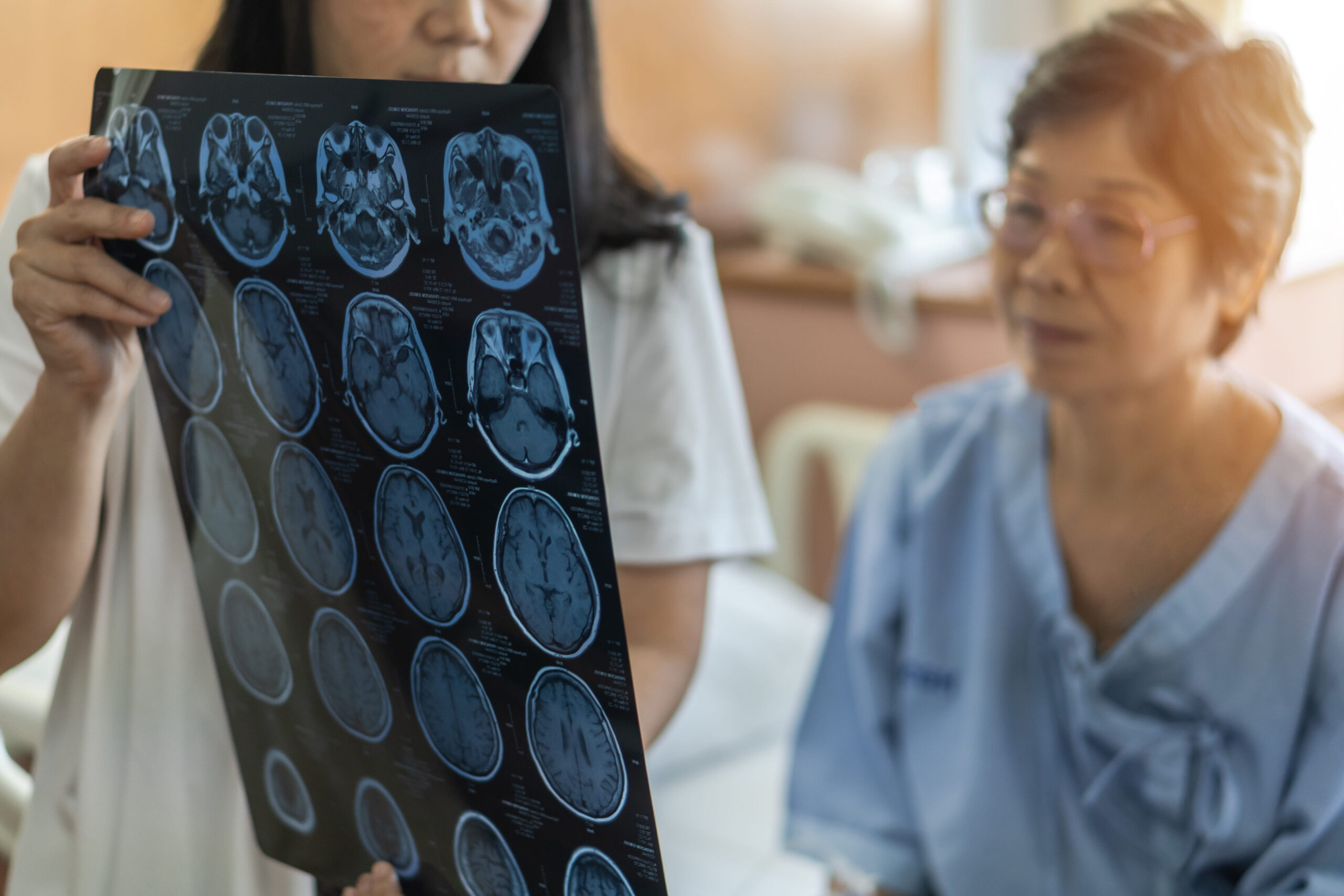Forgetting a name or misplacing your keys are common experiences that can become more frequent as we get older. This often leads to a nagging question: Is this a normal part of aging, or could it be something more? Distinguishing between normal cognitive changes with aging and the first signs of a condition like dementia is a major concern for many families. Understanding the subtle differences between normal aging and early dementia is key to identifying potential issues early. This guide will help clarify what to expect with typical aging and what signs might warrant a conversation with a healthcare professional. Visit the best Mental Health Clinic in Brooklyn at Doral Health & Wellness, or log on to www.doralhw.org.
Understanding Normal Cognitive Changes with Aging
As we age, our brains undergo changes, just like the rest of our bodies. It’s natural for certain cognitive processes to slow down. These shifts are generally mild and do not significantly interfere with your ability to live an independent and fulfilling life. Recognizing these typical patterns is the first step in telling the difference between normal aging and a more serious condition.
Common Examples of Normal Age-Related Memory Changes:
- Slower Processing Speed: It might take you longer to recall information or learn a new skill.
- Occasional Forgetfulness: You might forget an appointment but remember it later or misplace items from time to time.
- Word-Finding Difficulty: Sometimes, struggling to find the right word during a conversation is normal (the “tip-of-the-tongue” feeling).
- Decreased Multitasking Ability: Juggling multiple tasks at once may become more challenging than it used to be.
The key takeaway is that with normal aging, memory lapses are occasional and do not disrupt your daily routines, work, or social life. You might make a poor decision once in a while, but you are still capable of sound judgment.
Signs That May Indicate Early Dementia
Unlike the minor lapses associated with normal aging, the cognitive changes in early dementia are more persistent, progressive, and disruptive. Dementia is not a single disease, but an umbrella term for a set of symptoms caused by disorders affecting the brain. It interferes with a person’s ability to perform everyday activities.
Key Differences Between Normal Aging and Early Dementia
It’s the pattern and severity of the symptoms that often signal a problem. A behavioral health specialist can provide a comprehensive evaluation, but here are some key warning signs to look for:
- Memory Loss That Disrupts Daily Life: This isn’t just about forgetting a name; it’s about forgetting recently learned information, important dates, or asking the same questions repeatedly. The person may increasingly rely on memory aids or family members for things they used to handle themselves.
- Challenges in Planning or Solving Problems: A person with early dementia may struggle to follow a familiar recipe, manage a monthly budget, or concentrate on once-easy tasks.
- Difficulty Completing Familiar Tasks: Normal aging might mean needing help with the settings on a new microwave. Dementia, however, might involve forgetting how to drive to a familiar location or the rules of a favorite game.
- Confusion with Time or Place: Forgetting what day it is but remembering it later is normal. A person with dementia might lose track of seasons, the passage of time, or forget where they are and how they got there.
- Changes in Mood and Personality: While anyone can have a bad day, individuals with dementia may experience significant shifts in mood. They might become confused, suspicious, depressed, fearful, or easily upset, especially in unfamiliar situations.
When to Seek Professional Help
If you or a loved one is experiencing cognitive changes that are concerning, it is important not to dismiss them. Early diagnosis is critical for managing symptoms and planning for the future. An accurate diagnosis also helps rule out other treatable conditions that can mimic dementia symptoms, such as thyroid problems, vitamin deficiencies, or medication side effects.
Start by scheduling an appointment with a primary care physician. They can conduct an initial screening and may refer you to a specialist. A behavioral health specialist or a neurologist can perform more detailed assessments to determine the cause of the symptoms. This evaluation is the first step toward creating a plan for appropriate dementia care.
Receiving a diagnosis can be overwhelming, but it provides access to resources, support, and treatments that can improve quality of life. Proper dementia care focuses on maintaining function, managing behavioral changes, and supporting both the individual and their family.
Recognizing the line between normal cognitive changes with aging and early dementia is not always easy. However, paying attention to the frequency and severity of symptoms can provide important clues. If the changes you observe are interfering with daily life, don’t hesitate. Consulting with a healthcare provider or a behavioral health specialist can provide the clarity and guidance your family needs to navigate the path forward. For further inquiries, call us on +1-718-367-2555 to get a consultation. Or log on to www.doralw.org. Visit us at 1797 Pitkin Avenue, Brooklyn, NY 11212. If you need help, register your information and make direct contact with us at https://yuz88hfiyh7.typeform.com/Doralintake.






